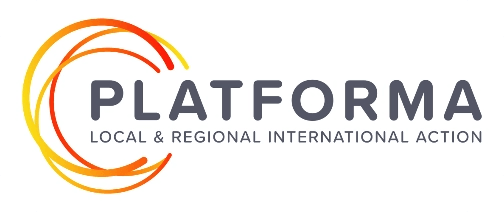The activities undertaken by LRGAs to raise SDG awareness among citizens and municipal officials is of crucial importance. To achieve genuine progress on the implementation of SDGs, it is essential that the role of SDGs and their added value be properly understood. If we compare results with those from 2022, progress this year has been deemed increasingly “medium” (51% of respondents compared to 32% last year) with 5% stating that progress had been “limited” (compared to 24% last year). The same share of respondents as last year reported “important progress” (44%). Please refer to the figures in the chart below.
In terms of the associations’ progress in their strategies or plans to implement the 2030 Agenda, 34% of the respondents had no commitment in this regard; 27% had made important progress as their strategy or action plan has reached an advanced stage or has even been updated to expand on the initial objectives; and 22% had adopted a strategy or action plan but implementation is still at an early stage.
To compare, in 2022, over 40% of the LRGAs responding had a strategy, policy paper, action plan and/or political statement; less than 20% had prepared reports on the localisation of SDGs in territories, including VSRs or other sustainability reports, for their populations, national government or Parliament; over 20% of the respondents had not taken any steps; and less than 20% had recourse to other types/methods.
We have included more detailed examples from the respondents in the box below that illustrate the different ways in which associations’ strategies or plans to implement the 2030 agenda have progressed:
